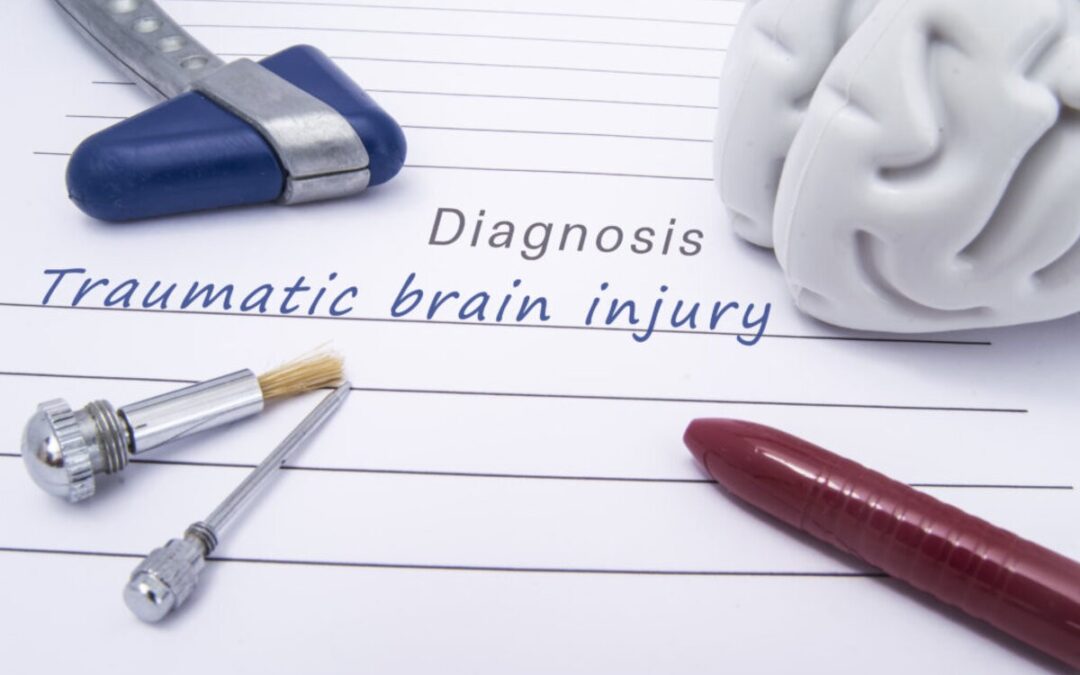If you or a loved one has been hospitalized after a serious accident, you may not know the full extent of injuries sustained. Doctors may also mention something concerning a possible traumatic brain injury (TBI). You may not fully understand what that means, but you could be immediately worried about recovery. Will you or your loved one fully recover? How long will it take to heal? While each case is different, recovery can range from days to years, with some people requiring extensive therapy to relearn everyday skills. Below, we discuss what the traumatic brain injury recovery journey may look like and your legal options.
Understanding Traumatic Brain Injuries
A TBI occurs when a sudden jolt or impact to the head interferes with normal brain function. Some brain injuries are mild and can heal with rest, while others cause long-lasting effects on speech, memory, and mobility.
Medical providers classify TBIs as mild, moderate, or severe. Mild TBIs are the most common type, which typically involves concussions. Although classified as mild, symptoms can be long- lasting, including struggles with memory, focus, and returning to daily activities. Moderate and severe TBIs often lead to significant lifelong challenges and may require ongoing medical care and rehabilitation. Additionally, TBIs can be either penetrating (where an object pierces the skull) or non-penetrating (resulting from a strong impact, such as a fall or car crash).
Signs of a Severe Brain Injury
Some of the most common symptoms of a severe brain injury include:
● Increased headache
● Slurred speech or difficulty forming sentences
● Memory loss and confusion
● Sudden mood swings or unusual behavior
● Sensitivity to light and sound
● Loss of balance and coordination
The Recovery Journey
Recovering from a TBI happens in stages, and progress is not always steady. Some days may bring noticeable improvements, while others may feel like a setback.
In the early recovery stages, the brain is still in shock. A person with a severe TBI may be unconscious and unresponsive. Over time, they may enter a vegetative state, where their eyes open and have basic reflex actions but remain unaware of their surroundings. Some patients progress to a minimally conscious state where they start responding to commands, recognizing familiar faces, or showing minor signs of awareness.
As one continues to heal, they may become confused and disoriented, often struggling to remember essential information. This stage is known as post-traumatic amnesia and can last days or weeks. Another thing that’s common during recovery is emotional instability, where one moment, the person appears calm, while the next, they may be agitated or frustrated. With rehabilitation, you may notice improved awareness and independence in later recovery stages.
The most noticeable recovery happens in the first six months, but progress can continue for years. Some regain complete independence, while others are left with lifelong changes.
Legal Options After a TBI
If someone else’s negligence caused your injury, such as a car accident or a slip and fall, you may have grounds to pursue a personal injury claim. You can recover compensation to cover your medical expenses, lost wages, and long-term care needs. An experienced attorney can help build a strong case for insurance companies and ensure you receive the compensation you deserve. Since there are time limits for filing claims, acting quickly is crucial.
Contact a TBI Lawyer Today
If you or a loved one has suffered a TBI, contact Griggs Injury Law today to schedule a consultation and discuss your case.


